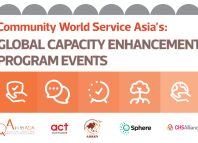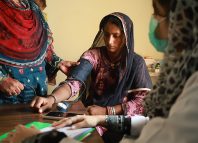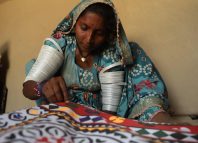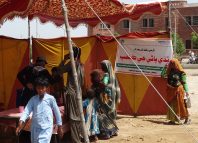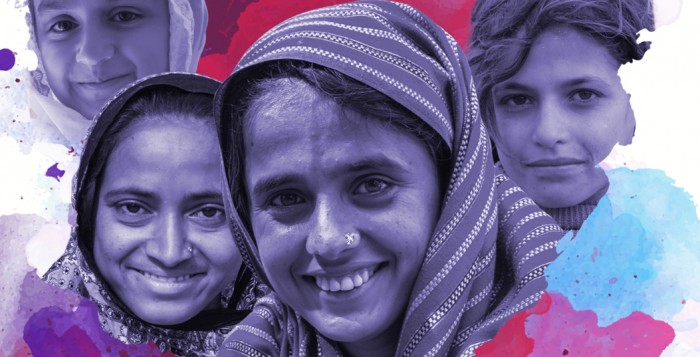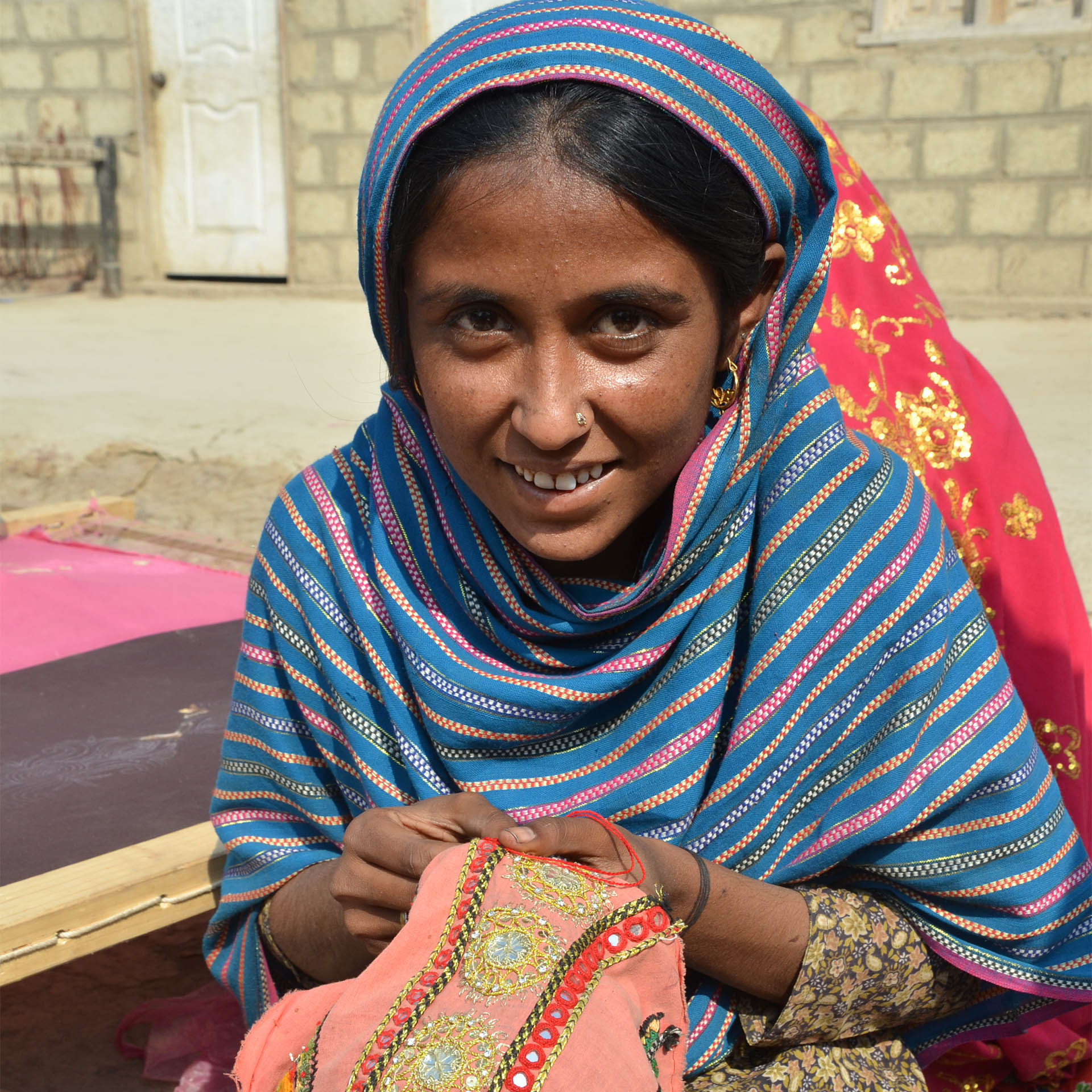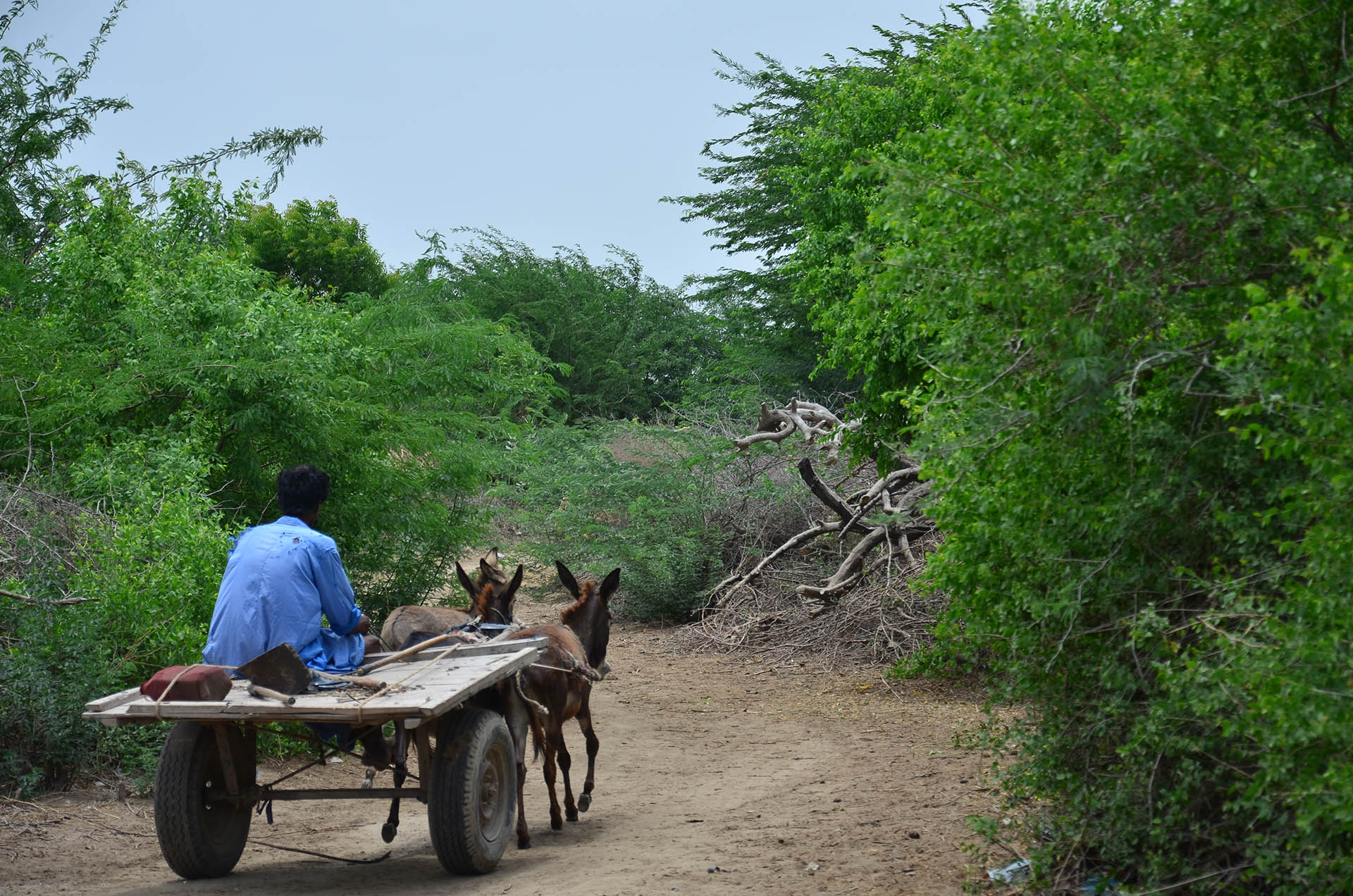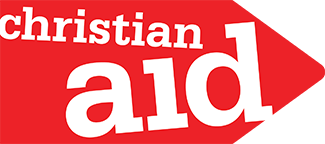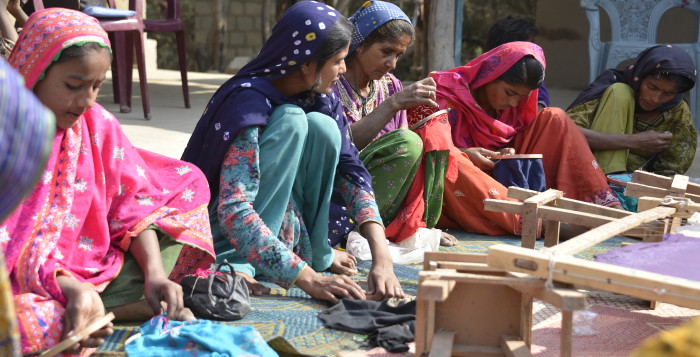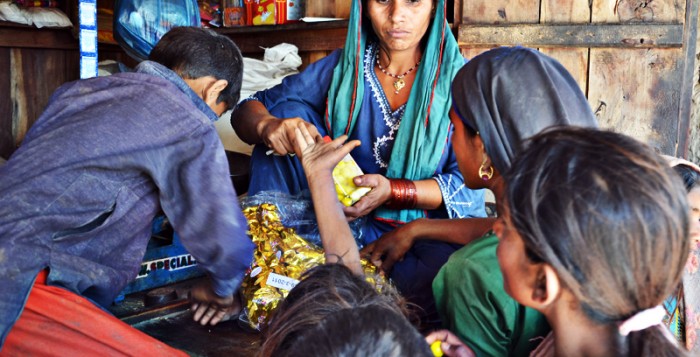| Duration | Sep 09, 2014 — May 31, 2015 | |
| Location | Bagh, Hattian Bala, Haveli, and Sudhnoti districts of Azad Kashmir | |
| Key Activities |
| |
| Participants | 2,424 families: Food 2,424 families: NFIs 400 families: Non-winterized tents 2,000 families: Health service provision 800 families: Cash-for-work activities |
Disaster Risk Reduction
Humanitarian Livelihood and Food Security Assistance to IDPs and Conflict Affected Families in Kohat
| Duration | Feb 01, 2015 — Oct 31, 2015 | |
| Location | UC Jarma, Muhammad Zai, Kharmatu and Tappi (Urban VI) of Kohat | |
| Key Activities |
| |
| Participants | 699: Cash-for-work 30: Cash grants 200: Poultry distribution 1,000: Vaccination 100: DRR training participants |
P4R Holds Debate on Gender Inclusion and Equity
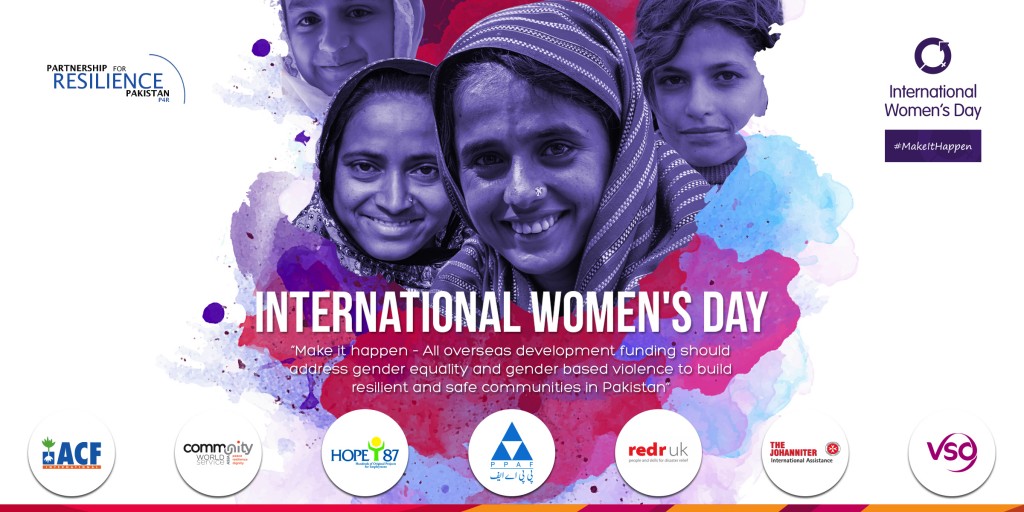
The International Women’s Day 2015 #Make it Happen represents a celebration of the achievements of women in Pakistan towards a more inclusive and equitable society. Partnership for Resilience (P4R) Pakistan marked the Day with a lively debate to raise awareness and encourage dialogue with all sectors of society around effective action for women’s empowerment.
The debate titled “Make it happen – All overseas development funding should address gender equality and gender based violence to build resilient and safe communities in Pakistan”, brought together key players involved in disaster and development in Pakistan including the government and civil and private sectors. Ms. Annette Hearns, Deputy Head UNOCHA, Mr Qazi Azmat Isa, CEO Pakistan Pverty Alleviation Fund, Ms Abida Akram, National Forum for Women with Disabilities/STEP, Ms Khalida Salimi, OBE, Founder/Executive Director SACH, Ms Mossarrat Qadeem, Executive Director, Paiman Alumini Trust, Ms Asiya Nasir, Member National Assembly were actively involved in making the event a success. Ms Asiya Nasir was also the chief guest at the occasion.
Addressing the occasion, Chief Executive Officer, Pakistan Poverty Alleviation Fund (PPAF), Qazi Azmat Isa, focused on the empirical link between gender related outcomes and improved socio-economic indicators, emphasizing on Pakistan’s lack of progress on Human Development Index indicators as we feature amongst the lowest 10 countries on the continuum. He referred to both religious and traditional values that encourage rather than hinder such outcomes, particularly while working with rural communities. He referred to Pakistan’s position on achieving the Millennium Development Goals and commented on how working through deliberate, gender centered outcomes would greatly improve this.
The debate centered on the facts that in early recovery programmes, only 22 per cent of funds from cash contributions were directly disbursed to women in 2013 while more than 75 per cent of the 80 million people projected to be in need of humanitarian assistance in 2014 were women and children.
P4R support the many voices now being heard in Pakistan advocating for improvement in women and girls’ equality and one who stands out as an example of who ‘made it happen’ is Malala Yousafzai, joint winner of the 2014 Nobel peace prize for her education campaign work.
P4R is an alliance of seven NGOs working together in Pakistan to improve the lives of vulnerable and marginalized segments of the population in times of disaster and post disaster. By working for and through local communities P4R builds the capacity of communities to be more resilient in time of disaster and enable them to recover quicker.
“2015 is a critical year for gender equality, as this year global leaders will conclude three key global processes that set the development agenda for the next 15 years: the Sustainable Development Goals (SDGs) following Millennium Development Goals, the post 2015 Hyogo Framework 2, and the Climate Change agenda. This is a unique opportunity for us to urge our Governments to ensure gender equality is not forgotten and call for a standalone goal on gender to be set in the SDGs, with clear targets and indicators for women’s empowerment and participation. This must, I feel, go further, with gender specific commitments cutting across all SDG goals and each of the 3 global processes. This is an opportune time for the Government of Pakistan to take up the banner for gender equality and champion it on the global stage”, said Neva Khan, Country Director of VSO and Chair of the P4R Steering Committee.
Each year, since 1911, International Women’s Day (IWD) is celebrated on March 8. Thousands of events occur to mark the economic, political and social achievements of women across the world. International Women’s day is also known for its #Paint it purple tag where the colour purple represents justice and dignity, two values upheld by P4R and used by all organizations in solidarity as we call for greater equality.
Humanitarian Assistance to IDPs and Conflict Affected Families in District Kohat
| Duration | Jan 01, 2014 — Dec 31, 2014 | |
| Location | Kohat, Khyber Pakhtunkhwa Province, Pakistan | |
| Key Activities |
| |
| Participants | 2,800 conflict affected families, including internally displaced persons and the host community |
Path to Resilience: Women’s Empowerment and Disaster Risk Reduction
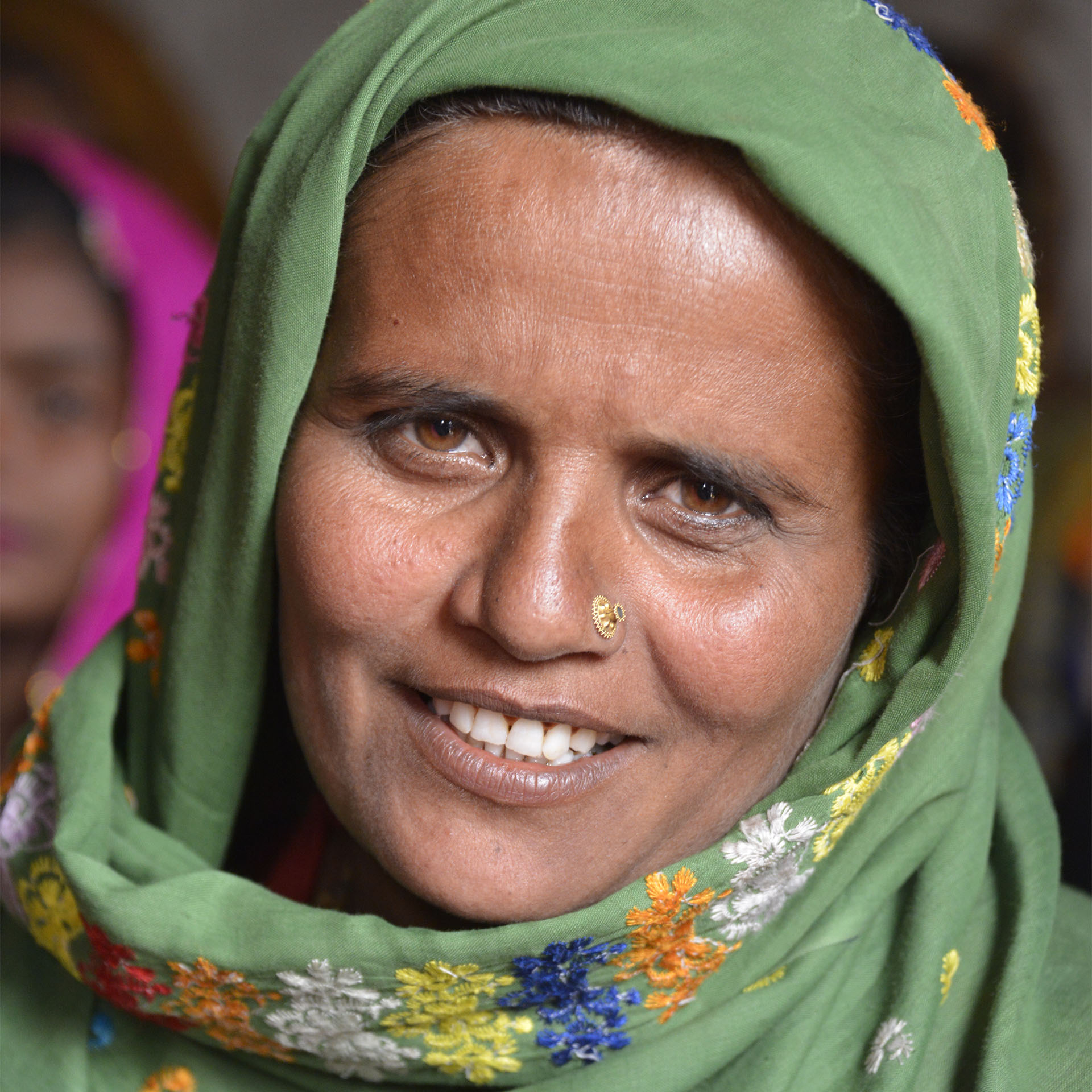


Path to Resilience: Women’s Empowerment and Disaster Risk Reduction. Thatta, Sindh. 2013-2014
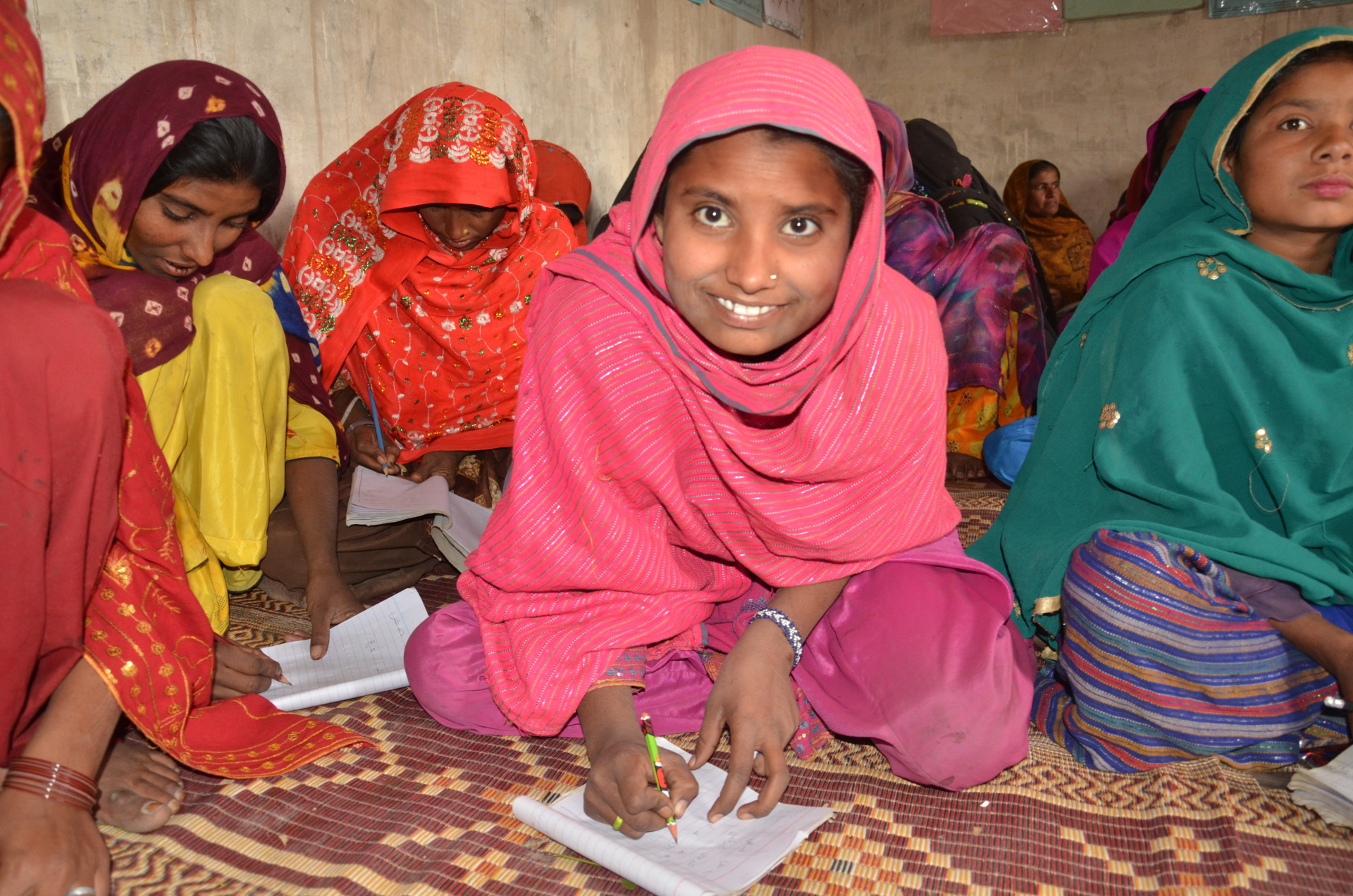


Socio-economic empowerment, adult literacy, and improved disaster resilience are helping disaster-affected communities in Thatta reduce poverty, hunger, and gender inequality.
Socio-economic empowerment, adult literacy, and improved disaster resilience are helping disaster-affected communities in Thatta reduce poverty, hunger, and gender inequality.
Socio-economic empowerment, adult literacy, and improved disaster resilience are helping disaster-affected communities in Thatta reduce poverty, hunger, and gender inequality.



60 women from four villages completed an adult literacy course from Adult Literacy Center in Jaffar Mallah Village.
60 women from four villages completed an adult literacy course from Adult Literacy Center in Jaffar Mallah Village.
60 women from four villages completed an adult literacy course from Adult Literacy Center in Jaffar Mallah Village.
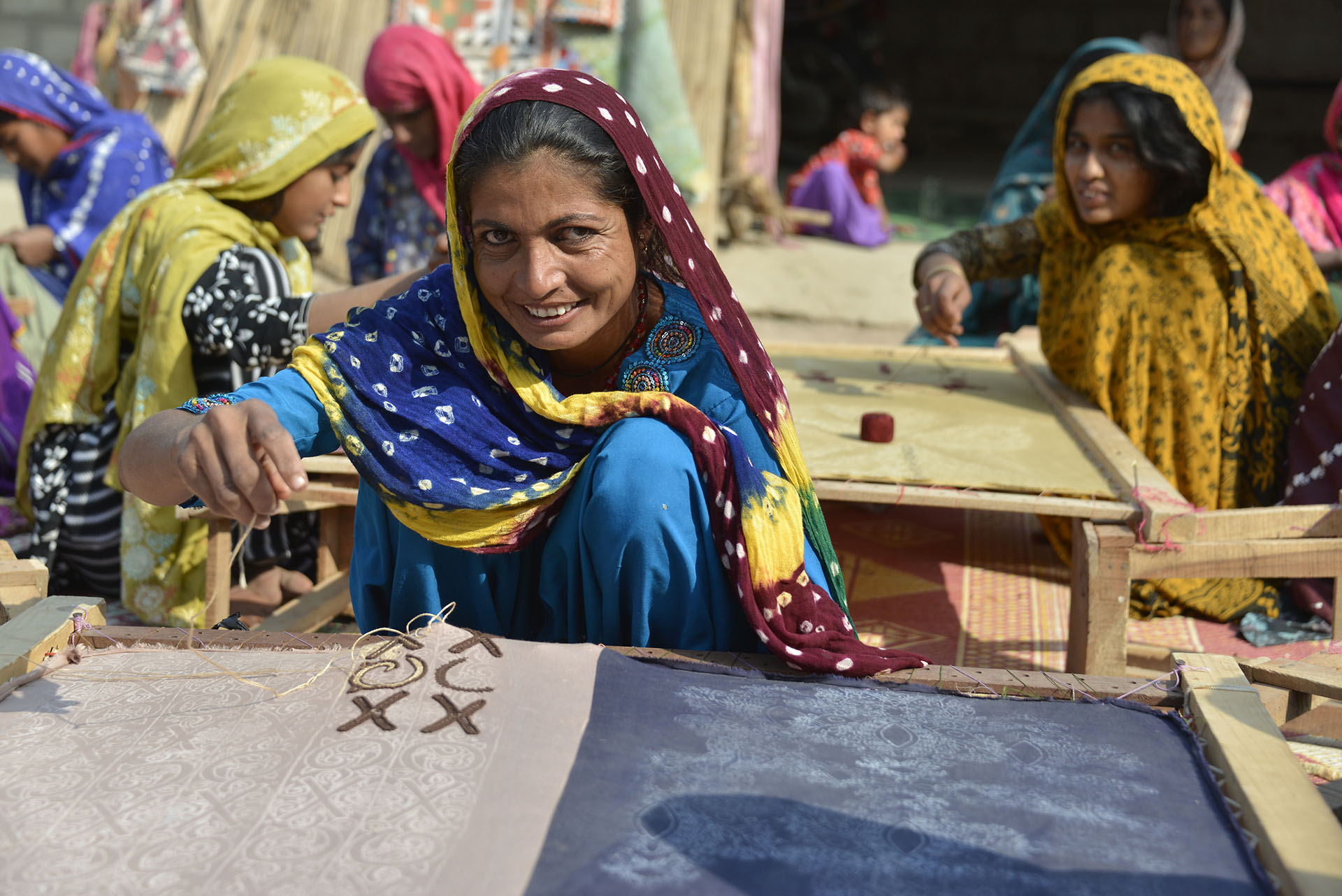


With assistance from a freelance designer, 60 women received product development training at the vocational center.
With assistance from a freelance designer, 60 women received product development training at the vocational center.
With assistance from a freelance designer, 60 women received product development training at the vocational center.
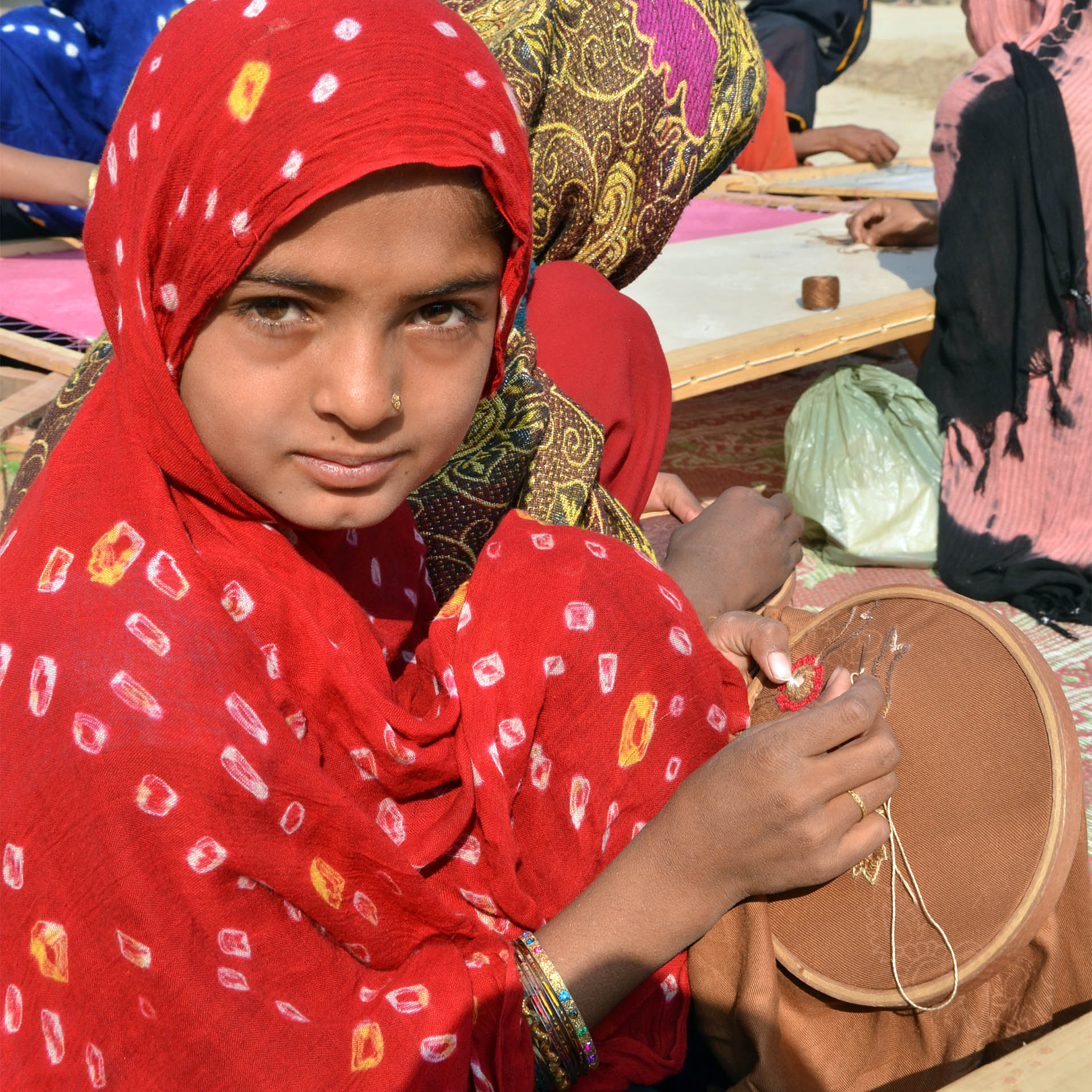


These women acquired product development training in appliqué and embroidery skills and prepared a range of marketable products. .
These women acquired product development training in appliqué and embroidery skills and prepared a range of marketable products. .
These women acquired product development training in appliqué and embroidery skills and prepared a range of marketable products. .



During exposure visits to Karachi, production supervisors and sales market agents held meeting with potential buyers for income generation.
During exposure visits to Karachi, production supervisors and sales market agents held meeting with potential buyers for income generation.
During exposure visits to Karachi, production supervisors and sales market agents held meeting with potential buyers for income generation.
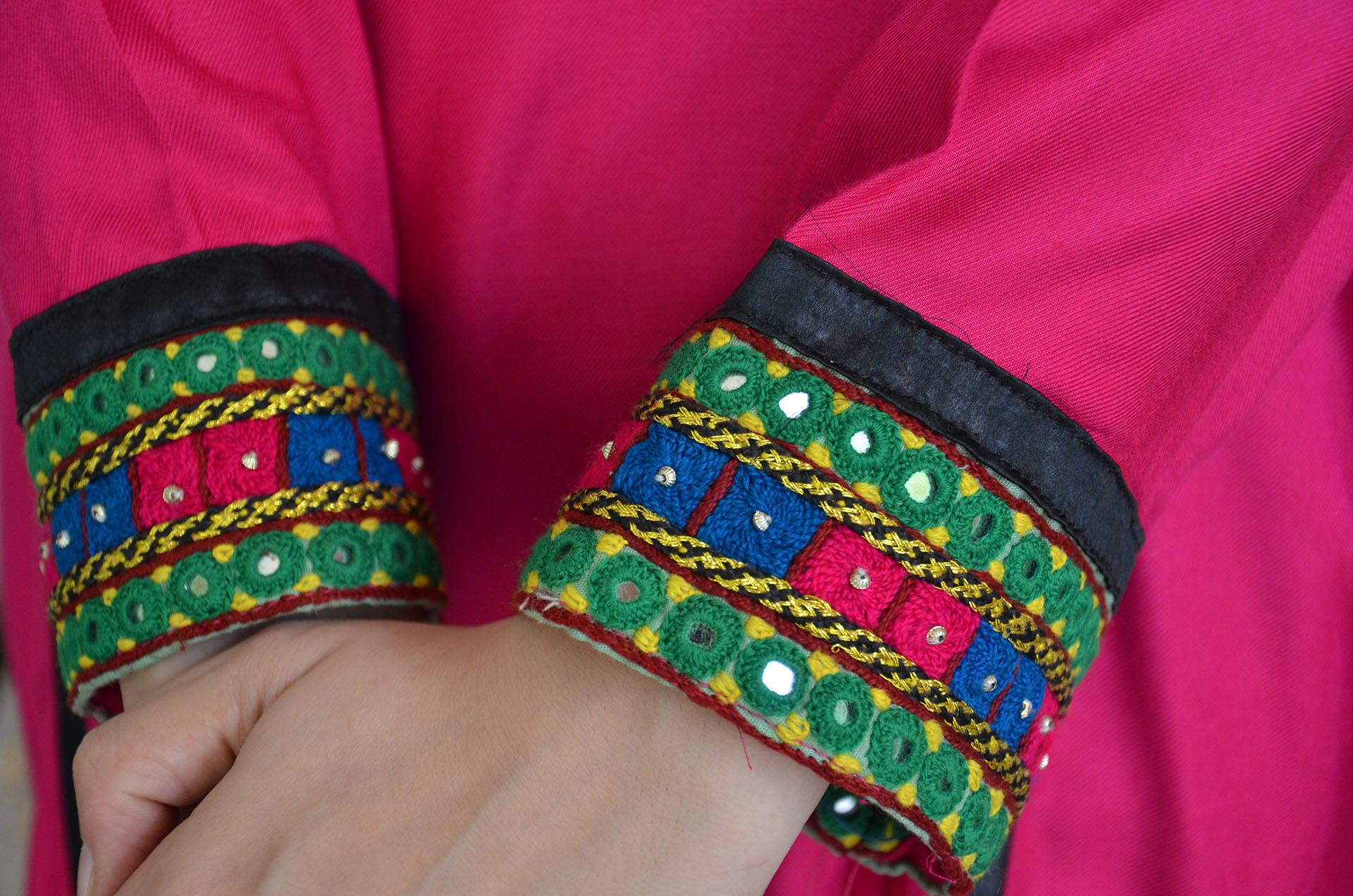


Several orders for laces, buttons, bags, bed sheets, appliqué work and other products were completed and generated an income of more than Rs 60,000 (USD 600).
Several orders for laces, buttons, bags, bed sheets, appliqué work and other products were completed and generated an income of more than Rs 60,000 (USD 600).
Several orders for laces, buttons, bags, bed sheets, appliqué work and other products were completed and generated an income of more than Rs 60,000 (USD 600).



Several orders for laces, buttons, bags, bed sheets, appliqué work and other products were completed and generated an income of more than Rs 60,000 (USD 600).
Several orders for laces, buttons, bags, bed sheets, appliqué work and other products were completed and generated an income of more than Rs 60,000 (USD 600).
Several orders for laces, buttons, bags, bed sheets, appliqué work and other products were completed and generated an income of more than Rs 60,000 (USD 600).
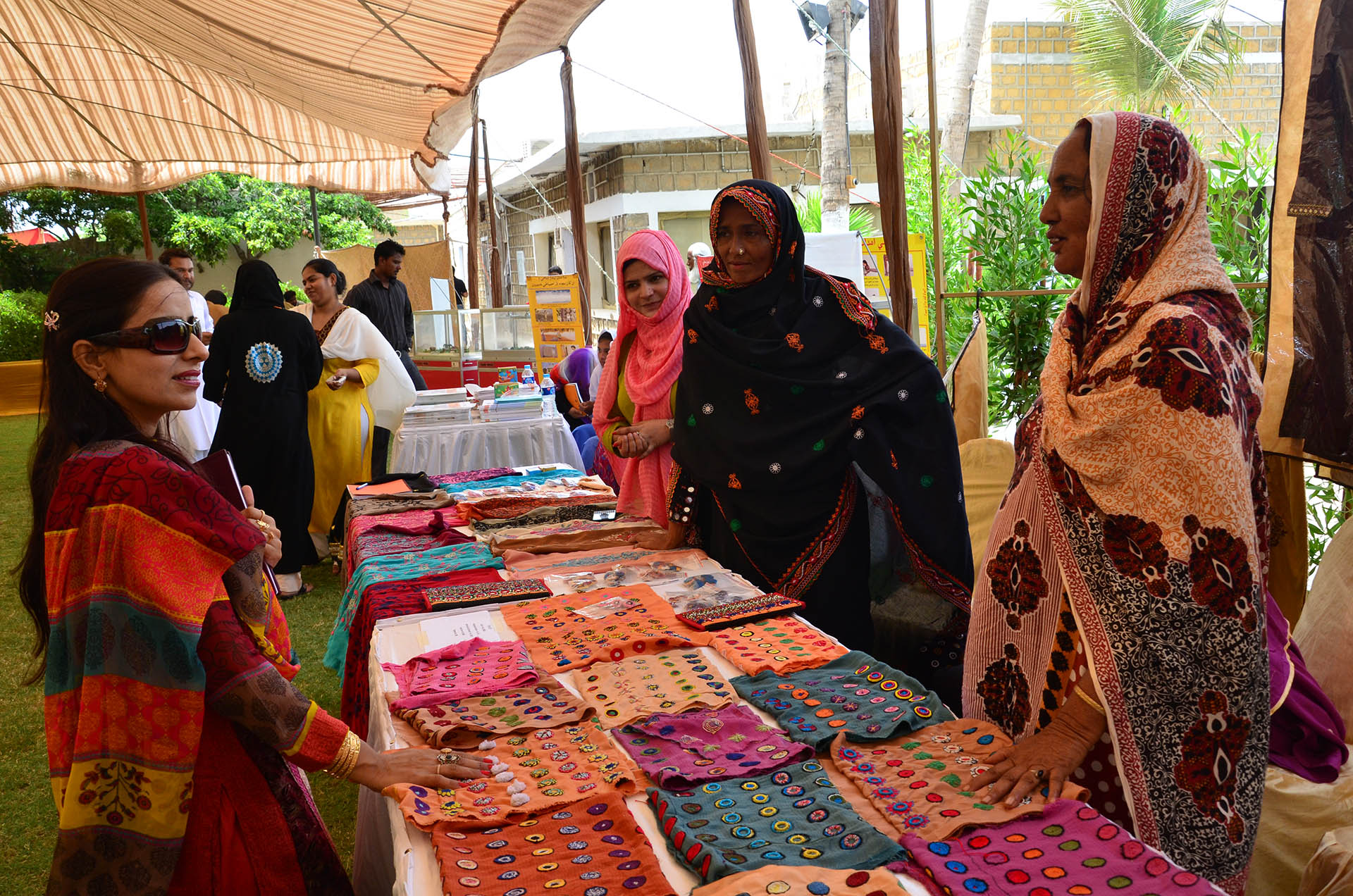


An opportunity was provided by Community World Service Asia for women to participate in a festival and set up a stall of their products.
An opportunity was provided by Community World Service Asia for women to participate in a festival and set up a stall of their products.
An opportunity was provided by Community World Service Asia for women to participate in a festival and set up a stall of their products.
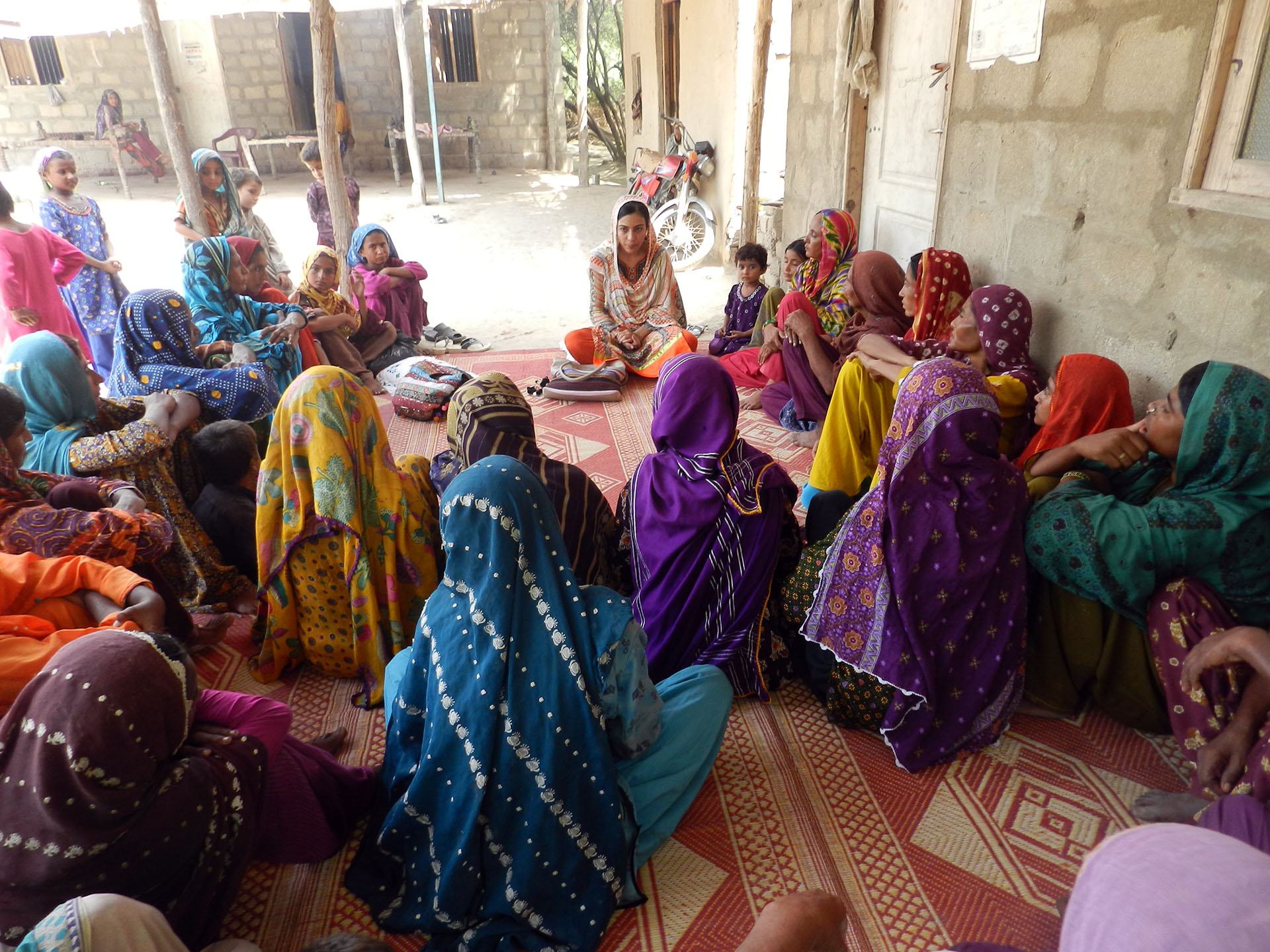


19 women and 6 men were trained to conduct sexual and reproductive health (SRH) sessions for the community with co-facilitation from project staff.
19 women and 6 men were trained to conduct sexual and reproductive health (SRH) sessions for the community with co-facilitation from project staff.
19 women and 6 men were trained to conduct sexual and reproductive health (SRH) sessions for the community with co-facilitation from project staff.
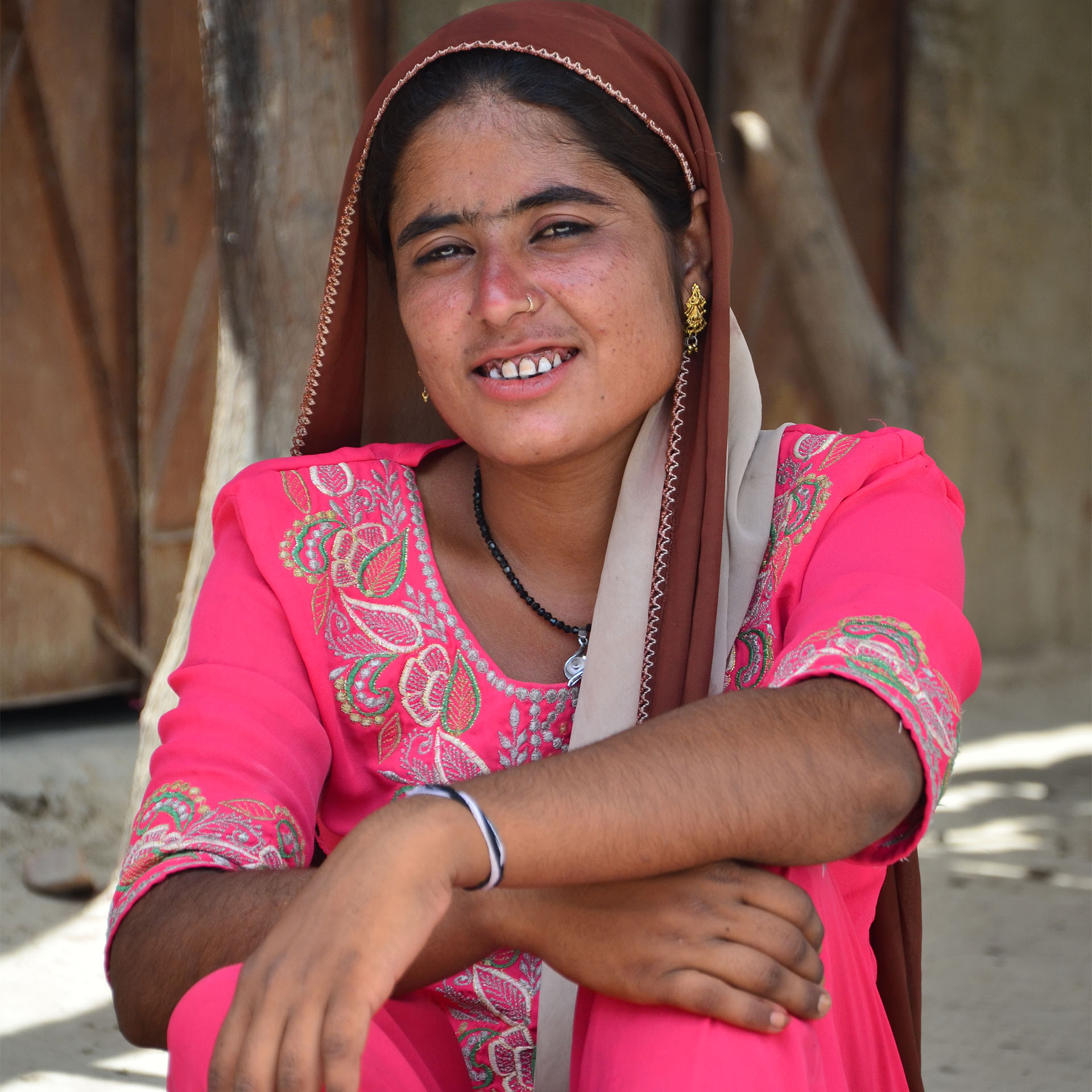


3,828 community members (995 men and 2,833 women) participated in 97 SRH sessions.
3,828 community members (995 men and 2,833 women) participated in 97 SRH sessions.
3,828 community members (995 men and 2,833 women) participated in 97 SRH sessions.
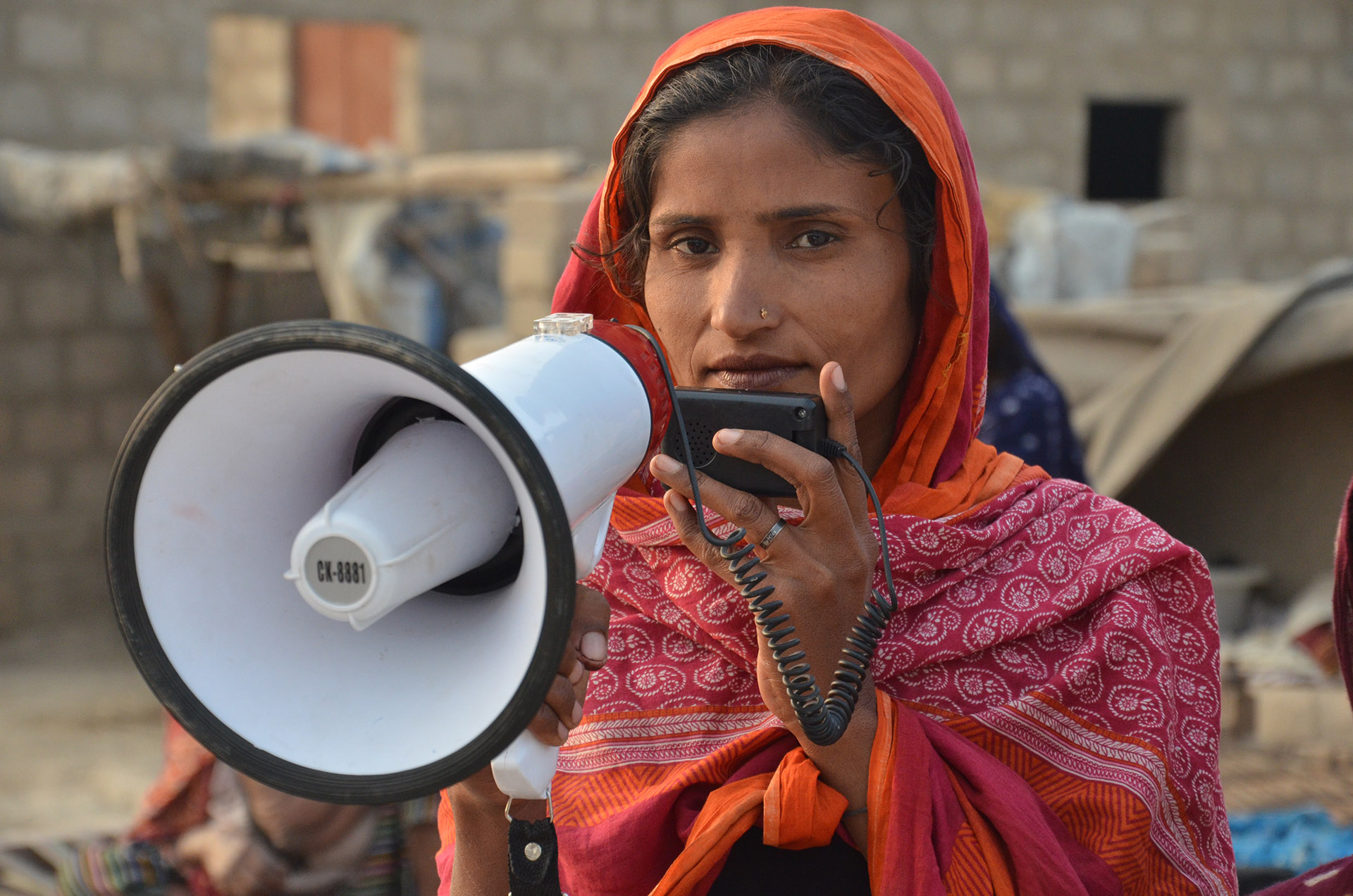


252 women, 248 men, and 358 school children participated in disaster risk reduction training.
252 women, 248 men, and 358 school children participated in disaster risk reduction training.
252 women, 248 men, and 358 school children participated in disaster risk reduction training.
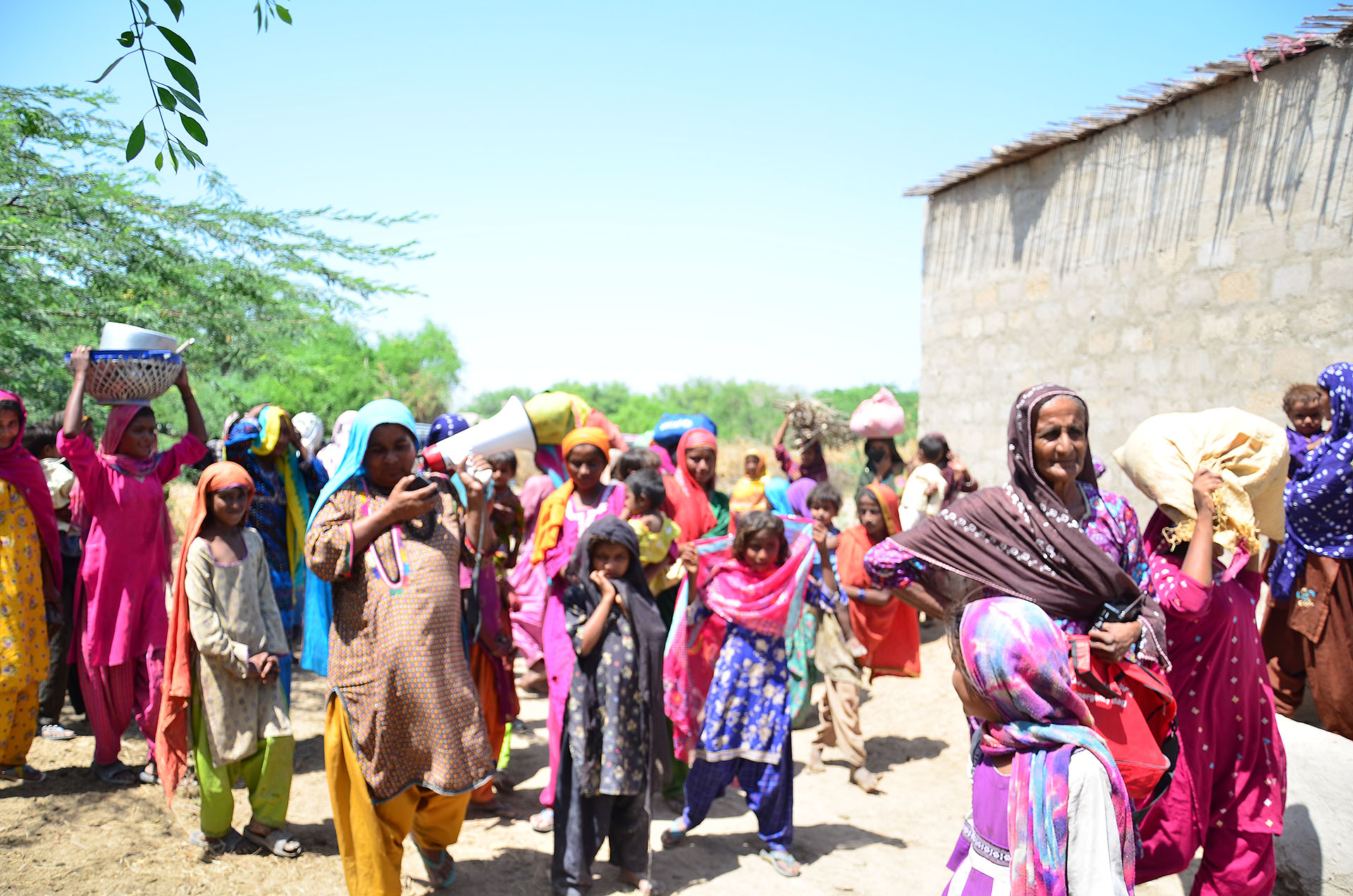


With assistance from Community World Service Asia project staff, Samani Mallah, President of VO Jaffer Mallah organized an evacuation drill for women and children as preparedness measures for predicted floods in 2014.
With assistance from Community World Service Asia project staff, Samani Mallah, President of VO Jaffer Mallah organized an evacuation drill for women and children as preparedness measures for predicted floods in 2014.
With assistance from Community World Service Asia project staff, Samani Mallah, President of VO Jaffer Mallah organized an evacuation drill for women and children as preparedness measures for predicted floods in 2014.
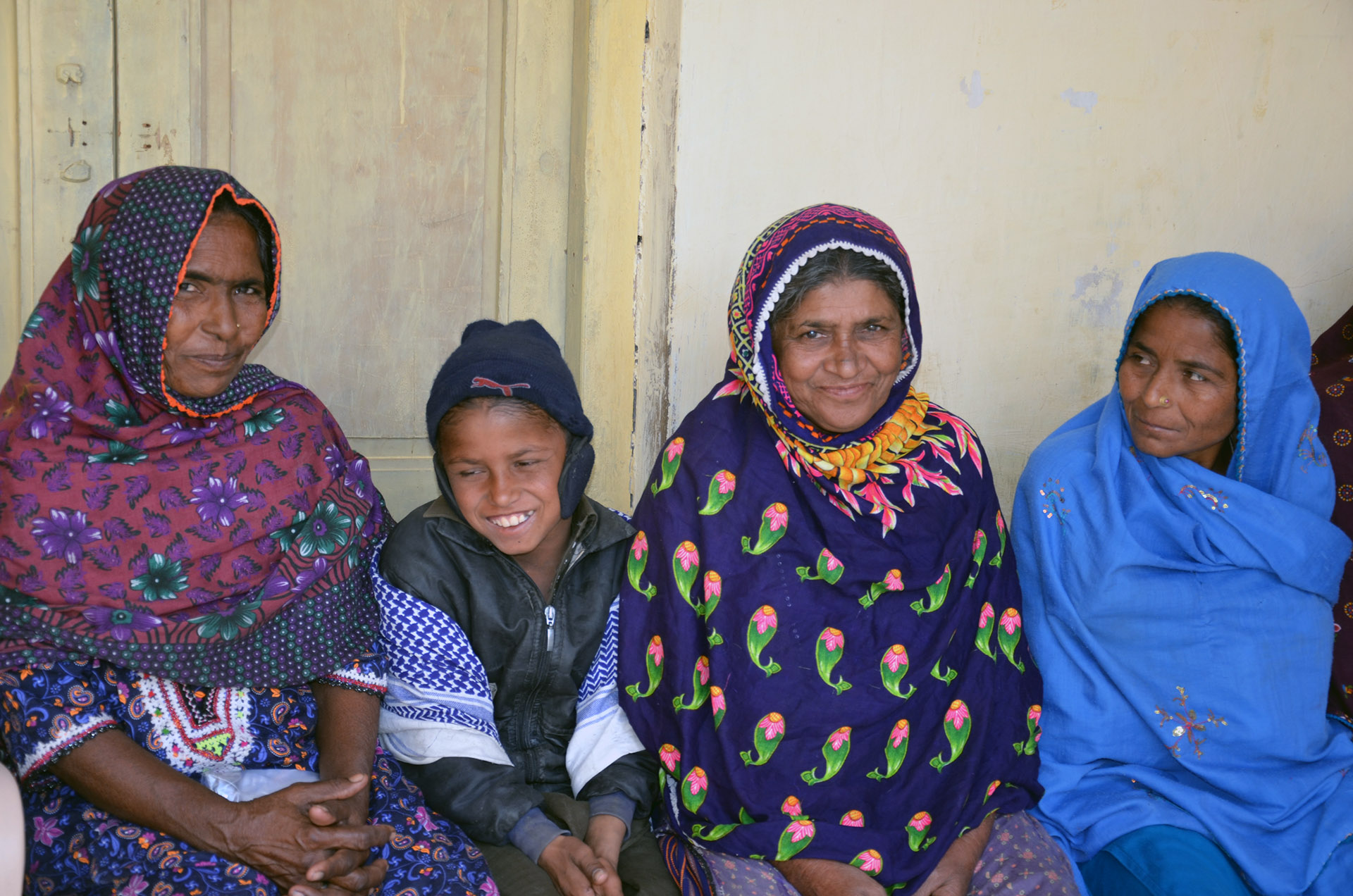


Additionally Mother and Neonatal Child Health (MNCH) week was organized inBijora in close coordination with Thatta’s health department.
Additionally Mother and Neonatal Child Health (MNCH) week was organized inBijora in close coordination with Thatta’s health department.
Additionally Mother and Neonatal Child Health (MNCH) week was organized inBijora in close coordination with Thatta’s health department.
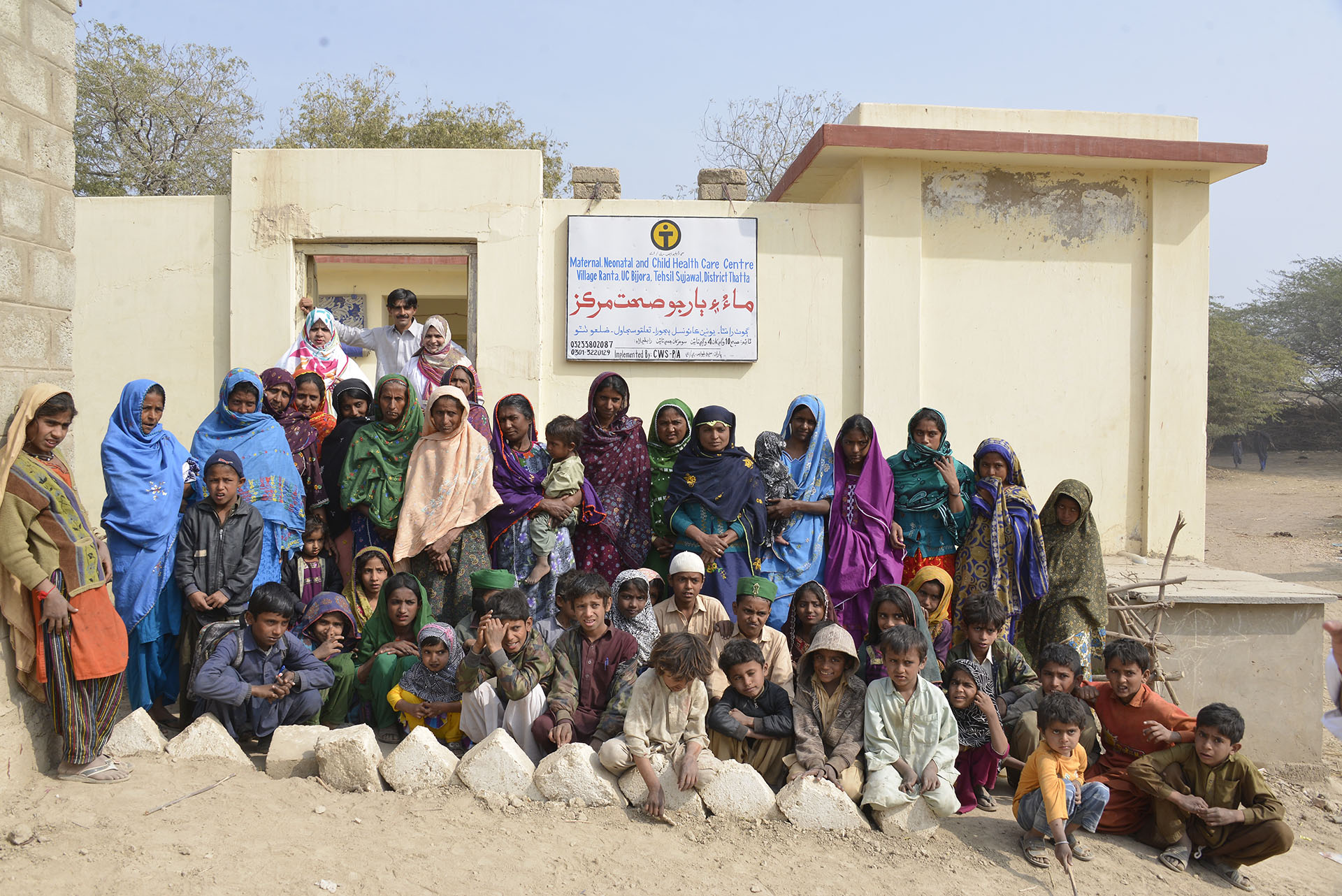


MNCH activities included a free mobile health camp day, a day training for traditional birth attendants (TBAs), and tetanus toxide (TT) vaccination campaign for women. A rally was also organized to create health awareness in the community.
MNCH activities included a free mobile health camp day, a day training for traditional birth attendants (TBAs), and tetanus toxide (TT) vaccination campaign for women. A rally was also organized to create health awareness in the community.
MNCH activities included a free mobile health camp day, a day training for traditional birth attendants (TBAs), and tetanus toxide (TT) vaccination campaign for women. A rally was also organized to create health awareness in the community.
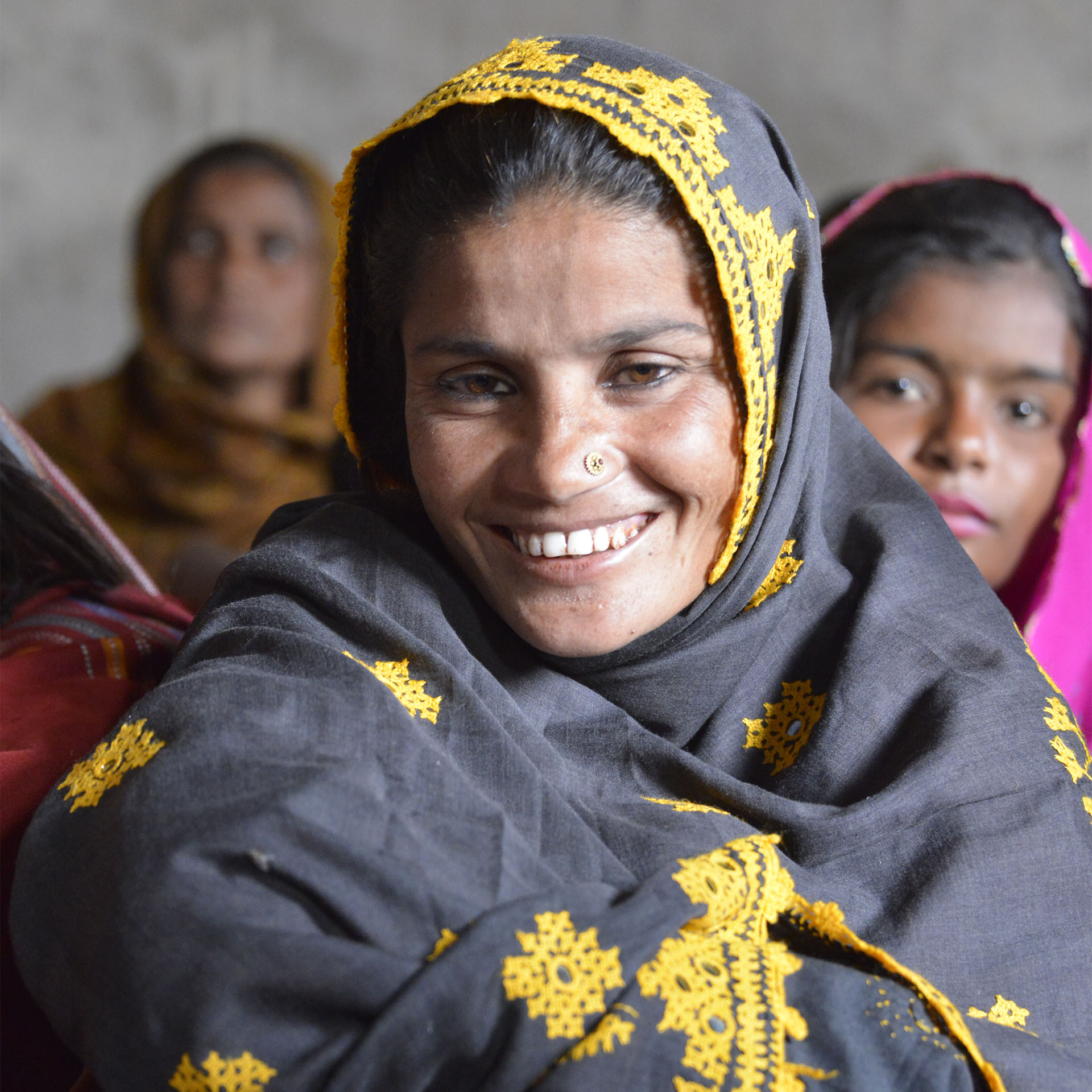





Alleviating Poverty through Women’s Empowerment and Livelihoods Development with a Disaster Resilient Approach
| Phase | Phase One — Phase Three | |
| Duration | Jan 01, 2015 — Dec 31, 2015 | |
| Location | Thatta, Sindh Province, Pakistan | |
| Key Activities |
| |
| Participants | 4,700 women from rural communities |
After getting admission in the adult literacy center, I used to teach my daughters. My daughters were inspired when they saw me go to school with my bag. Now, they are motivated for education, and I have admitted them into the local school.
Saima, a project participant
After the 2010 floods, I have worked with different NGOs/INGOs. The way CWS-P/A works for sustainability is genius. We like working with them. Other organizations have given shelter, etc, but then they leave. These vocational skills will never die and will trickle down to our children.
Samoon, President of the Village Organization in Ghulam Mohammad Soorjo
We were very glad to see that our embroidery work can be sold in the market. I saw a hand bag for Rs. 300 (USD 3). I didn’t know these small handbags could be expensive. After the first visit, I came back and shared about the differences in cost here and in Karachi.
Bejum Jan, participant in the exposure visit to Karachi
Alleviating Poverty through Women’s Empowerment and Livelihoods Development with a Disaster Resilient Approach
| Phase | Phase One — Phase Three | |
| Duration | Jan 01, 2015 — Dec 31, 2017 | |
| Location | Thatta, Sindh Province, Pakistan | |
| Key Activities |
| |
| Participants | 2,300community members |
After getting admission in the adult literacy center, I used to teach my daughters. My daughters were inspired when they saw me go to school with my bag. Now, they are motivated for education, and I have admitted them into the local school.
Saima, a project participant
After the 2010 floods, I have worked with different NGOs/INGOs. The way CWS-P/A works for sustainability is genius. We like working with them. Other organizations have given shelter, etc, but then they leave. These vocational skills will never die and will trickle down to our children.
Samoon, President of the Village Organization in Ghulam Mohammad Soorjo
We were very glad to see that our embroidery work can be sold in the market. I saw a hand bag for Rs. 300 (USD 3). I didn’t know these small handbags could be expensive. After the first visit, I came back and shared about the differences in cost here and in Karachi.
Bejum Jan, participant in the exposure visit to Karachi
Alleviating Poverty through Women’s Empowerment and Livelihoods Development with a Disaster Resilient Approach
| Phase | Phase One — Phase Three | |
| Duration | Sep 01, 2012 — Aug 01, 2013 | |
| Location | Thatta, Sindh Province, Pakistan | |
| Key Activities |
| |
| Participants | 4,700 women from rural communities |
After getting admission in the adult literacy center, I used to teach my daughters. My daughters were inspired when they saw me go to school with my bag. Now, they are motivated for education, and I have admitted them into the local school.
Saima, a project participant
After the 2010 floods, I have worked with different NGOs/INGOs. The way CWS-P/A works for sustainability is genius. We like working with them. Other organizations have given shelter, etc, but then they leave. These vocational skills will never die and will trickle down to our children.
Samoon, President of the Village Organization in Ghulam Mohammad Soorjo
We were very glad to see that our embroidery work can be sold in the market. I saw a hand bag for Rs. 300 (USD 3). I didn’t know these small handbags could be expensive. After the first visit, I came back and shared about the differences in cost here and in Karachi.
Bejum Jan, participant in the exposure visit to Karachi

